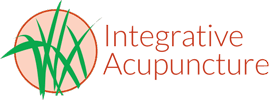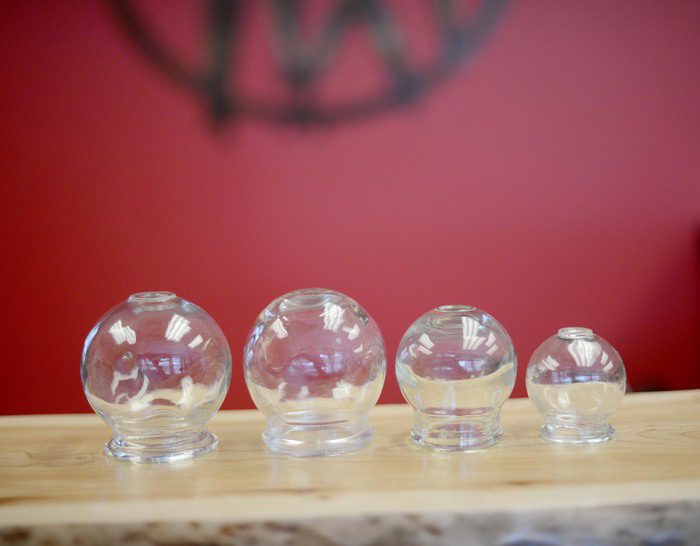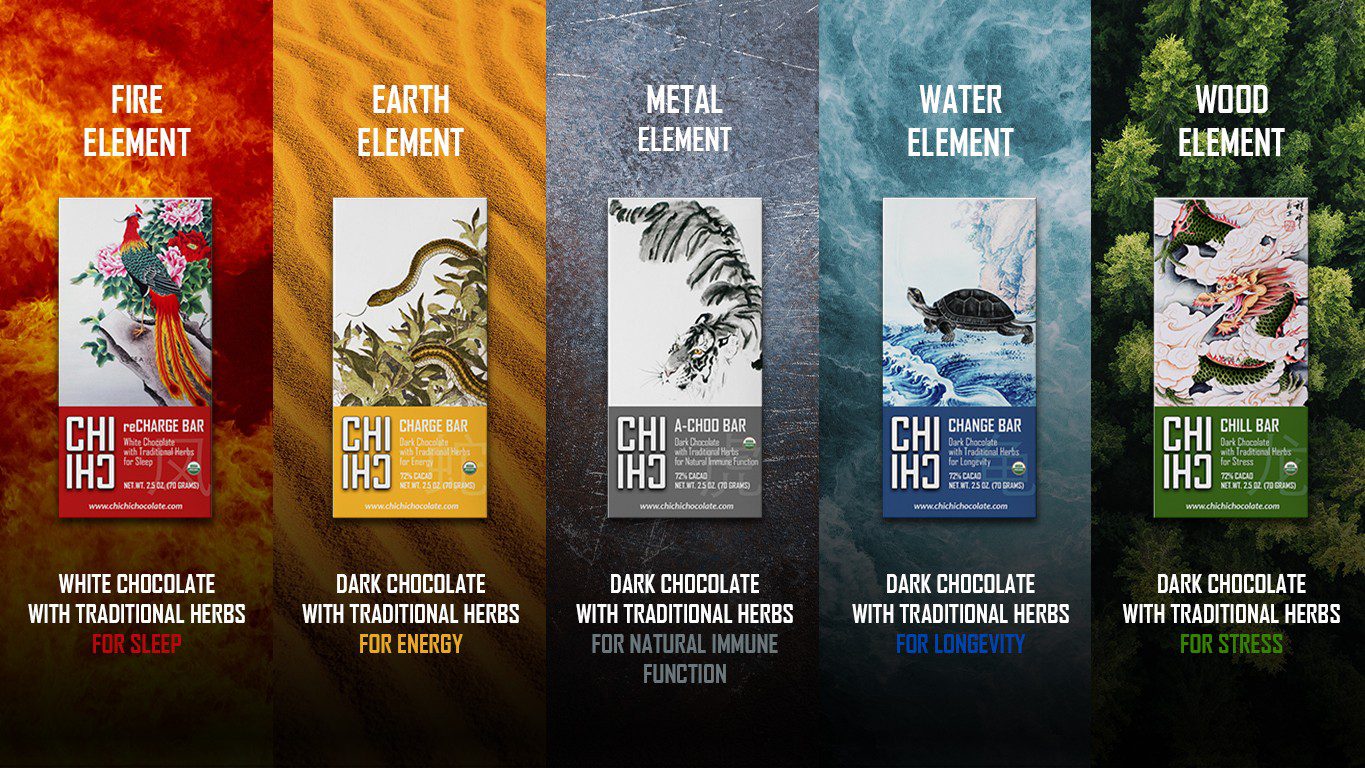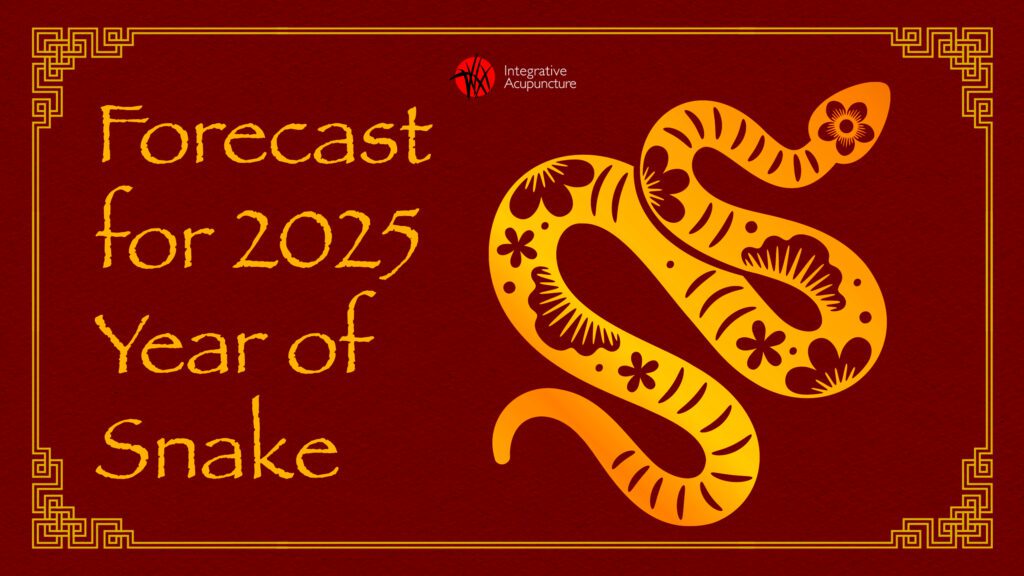Cupping is a technique that has been used for over two thousand years as a part of Chinese Medicine to treat various illnesses and conditions. One of the earliest documentations of cupping can be found in the work titled, “A Handbook of Prescriptions for Emergencies”, which dates all the way back to 300 A.D. in China.
Using Cupping for Our Health
Cupping typically uses suction from round glass jars, varying in size from a golf ball to a baseball. Historically, cylindrical bamboo cups have been used. A flame is placed momentarily in the cup to remove the oxygen, which creates a vacuum and suction when placed on the skin. The cup may feel warm from the flame but there will not be any burning sensation. This pulls the muscle tissue upward into the cup, helping to break up tension and improve circulation throughout the area. You may envision massage as more of a downward pressure to disperse congestion while cupping creates an upward pull.
What Does Cupping Treat?
Cupping is a great deep tissue therapy. It’s understood to affect tissues up to four inches deep from the skin. Inflammation and swelling can be cleared, toxins are released, and veins and arteries can be refreshed within this depth of affected materials. The technique is used to relieve back and neck pain, stiff muscles, migraines, and joint pain. Cupping is also valuable for the lungs, as it can clear congestion from a common cold or bronchitis, and help control asthma. In the earliest Chinese documentation of cupping, it was recommended for the treatment of pulmonary tuberculosis. It’s helpful in these musculoskeletal and respiratory cases because of its ability to move congestion.
Depending on the reason for treatment, there may be one to ten cups used of various sizes. The suction sensation is usually a pleasant, pulling feeling. When the skin under a cup is drawn up, the blood vessels at the surface of the skin expand. This may result in small, circular bruises on the areas where the cups were applied. These bruises are usually painless, however, and disappear within a few days of treatment. Before placing the cups, salve may be applied on the skin to allow for the cups to move easily over the area. In this way, a cup can affect a larger area. An example of using this moving cupping technique may be to alleviate muscle strain in the lower back.
Choose a Licensed Professional
As part of a long history of Chinese Medicine, cupping should be performed by a licensed practitioner of Chinese Medicine who is aware of the specific channels and tissues being manipulated. On certain occasions, cupping should not be used. It shouldn’t be done on inflamed skin, in cases when there is high fever, or on patients who bleed easily. Pregnant women should not have cupping on their stomach or lower back. Please feel free to contact me if you’d like to learn more about cupping and how it may be beneficial to you.






